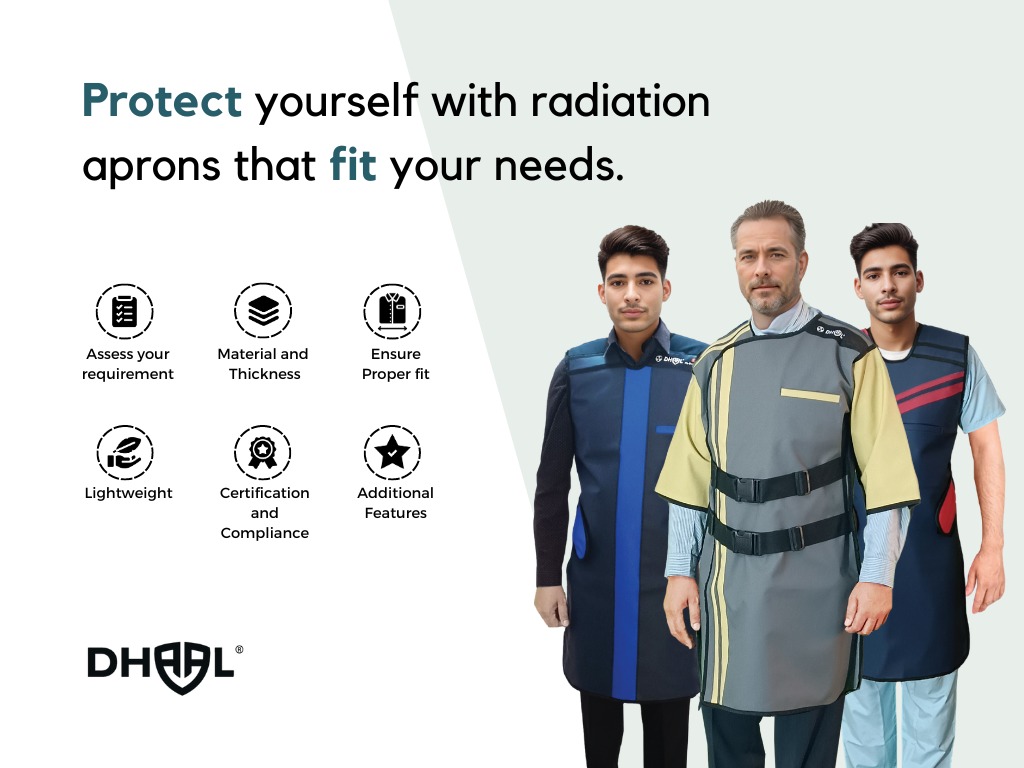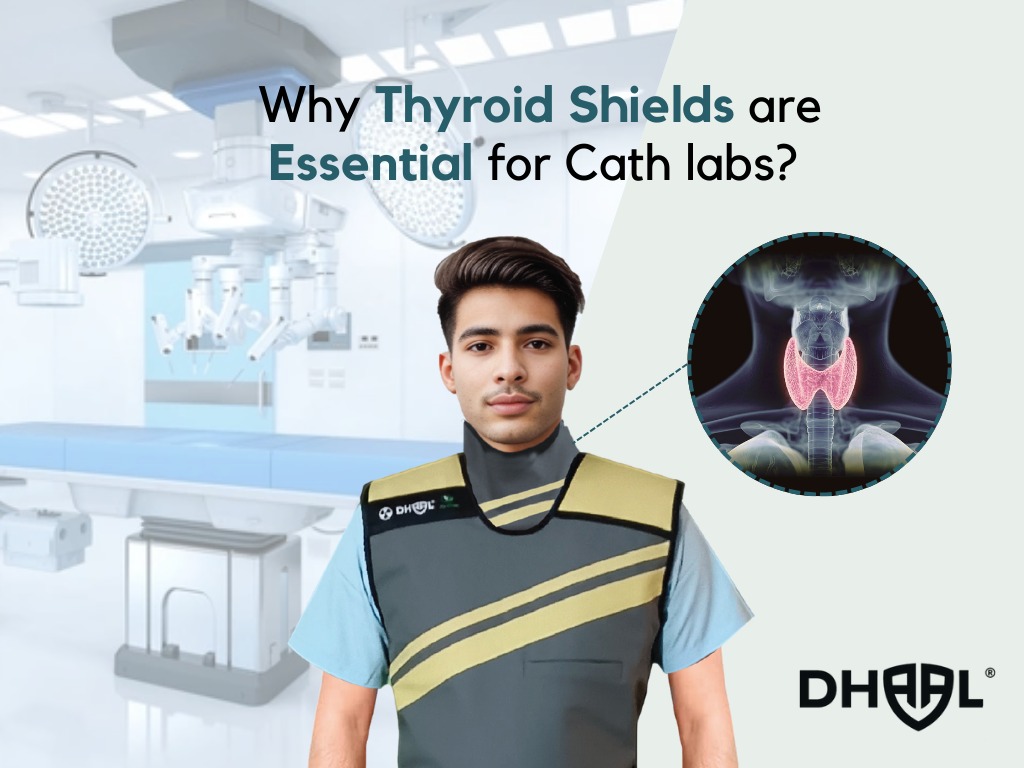
Absolutely! When it comes to radiation protection, selecting the right apron tailored to your specific needs is crucial for ensuring optimal safety and comfort. Here’s how to go about it:
- Assess Your Requirements: Determine the type and level of radiation exposure you’re likely to encounter in your work or during medical procedures. Different procedures may require varying levels of protection, so understanding your specific needs is the first step in selecting the appropriate coat type standard apron.
- Consider Material and Thickness: Lead aprons are the most common choice due to lead’s high density, which effectively blocks ionizing radiation. However, lead-free apron with sleeves alternatives made from materials like bismuth and tungsten are also available. Consider the level of radiation attenuation required for your tasks and choose the appropriate apron thickness accordingly.
- Ensure Proper Fit: Ill-fitting aprons can compromise both protection and comfort. Look for aprons that come in various sizes and styles to accommodate different body shapes and heights. Adjustable straps and closures can help achieve a snug and comfortable fit, ensuring proper coverage of vital organs without restricting movement.
- Evaluate Weight and Flexibility: While skirt west lead aprons provide excellent protection, they can be heavy and cumbersome, especially during long procedures. Lightweight aprons with flexible lead composite materials offer a balance between protection and comfort. Consider the duration of use and mobility requirements when selecting the appropriate weight and flexibility.
- Check Certification and Compliance: Ensure that the Frontal protection lead apron meets relevant safety standards and regulations, such as those set by regulatory agencies like the FDA and OSHA. Look for certification labels indicating compliance with specific standards for radiation protection.
- Assess Additional Features: Some aprons may offer additional features such as lead apron with thyroid collars, gonadal shields, or frontal apron extensions for enhanced protection of specific areas. Evaluate whether these additional features are necessary based on your work requirements and radiation exposure patterns.
- Regular Maintenance and Inspection: Proper care and maintenance are essential to ensure the effectiveness and longevity of your full wrap radiation apron. Follow manufacturer guidelines for cleaning and storage, and regularly inspect the apron for signs of wear, damage, or degradation that may compromise its protective properties.
By selecting radiation aprons that fit your needs and preferences, you can effectively mitigate the risks associated with radiation exposure while ensuring comfort and mobility during procedures.



